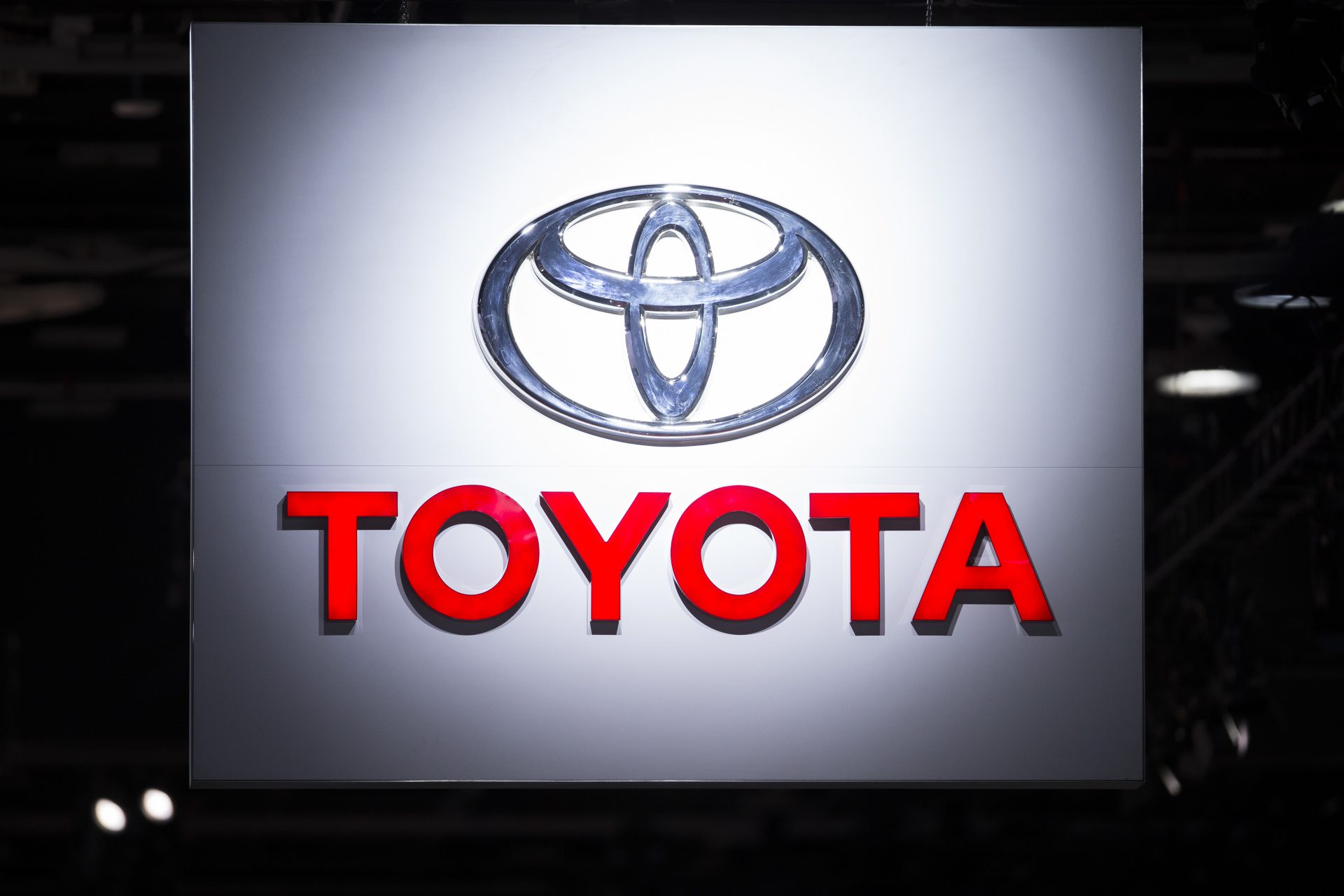

As part of experimentation to develop autonomous technology in its vehicles, Toyota conducted a study to simulate passenger behavior during sharp maneuvers. The tests left Toyota with more questions than answers, as passengers didn’t react consistently.
Under the guise of a “comfort study,” Toyota gathered results by transporting 87 volunteers around Ann Arbor, Michigan. The driver would make aggressive maneuvers, with sharp lane changes and heavy braking to shake their passenger, and encourage them to brace themselves. Toyota filmed the experiments, and against its expectations, it failed to find a consistent pattern of behavior among those tested. Some braced themselves, others flopped around, relying on the seat and belt to catch them.
“We found a large variation,” explained Jason Hallman, the safety engineer in charge of the study, as quoted by Automotive News. “Before this, everyone had assumed we had kind of figured it out, that we actually knew, or we could predict where you’d be in the seat. So, what this has left us with is: Let’s go back to the drawing board. Let’s think a little more about this.”
Toyota will reportedly continue the study this year, examining passenger posture in crashes. It will take into consideration suggestions from suppliers, as those that manufacture seats have ideas for how to make vehicles safer in collisions.
“The suppliers of seats have ideas about zero-gravity seats that can twist in different angles and have footrests so that you’re in a La-Z-Boy in your car,” continued Hallman.
Better understanding of passenger behavior in autonomous tech cars will be crucial for Toyota in the near future as it develops its own autonomous vehicle technology in partnership with Uber. News came forward Monday that the automaker just invested $500 million in the ride-hailing service, offering up its Sienna minivan for use by Uber as a platform for it to develop autonomous driving technologies. It will also fund cooperative development of these technologies with its suppliers through its Toyota Research Institute-Advanced Development (TRI-AD) conglomerate, which include itself, Denso, and Aisin Seiki.
It’s important to note that no true autonomous vehicles exist yet, and that that verbiage for autonomous or self-driving cars and those with automated assist suites are sometimes differentiated inadequately, posing a safety risk to improperly-educated drivers.